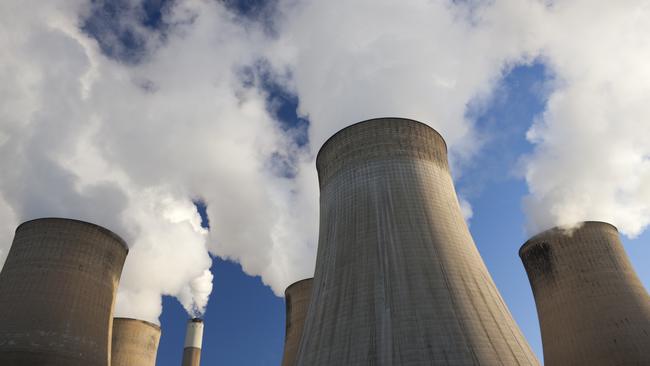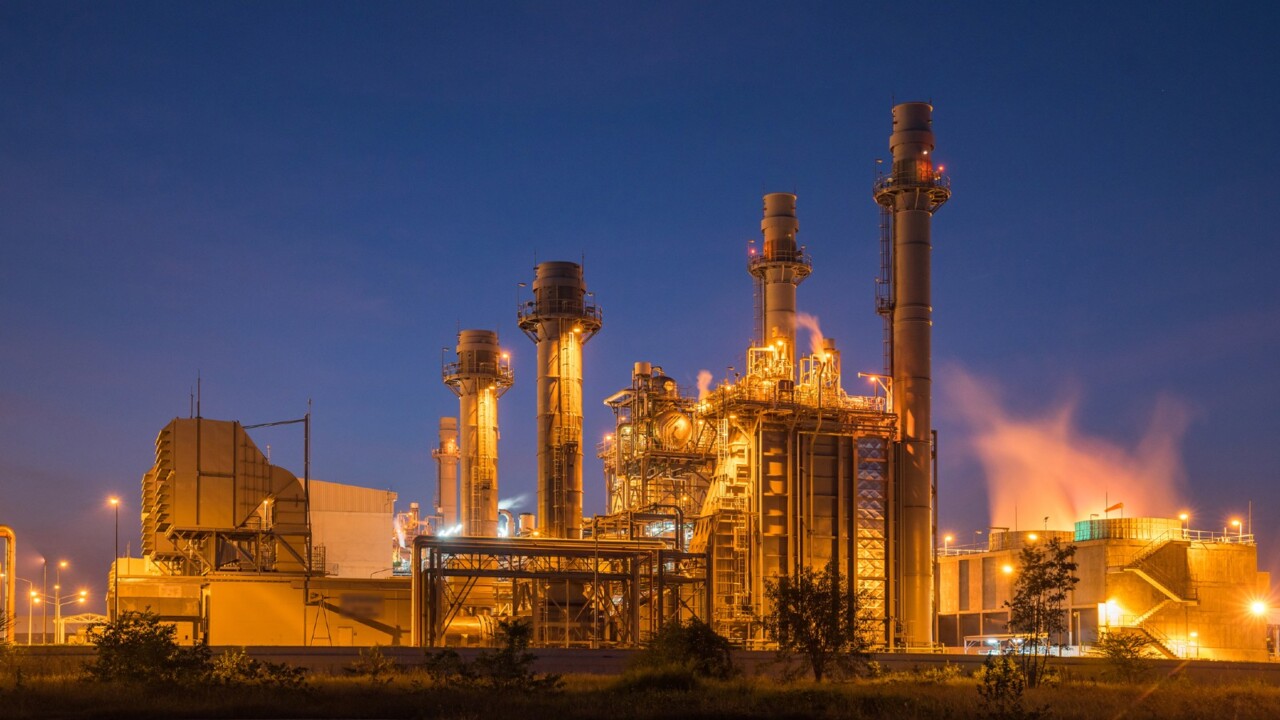Coal-fired power station and mine closures ‘to ravage regions’
The closure of coal-fired power stations and coalmines will wreak havoc on regions, with analysis revealing unemployment in the NSW Upper Hunter could rise by 6.7 percentage points.

The closure of coal-fired power stations and associated coalmines will wreak havoc on regional economies, with unreleased government analysis revealing the unemployment rate in the NSW Upper Hunter region could increase by 6.7 percentage points and impact almost 800 jobs.
Documents obtained by The Australian show “significant” impacts of sudden shutdowns of the Liddell and Bayswater coal-fired power stations, with total income loss in the Upper Hunter estimated to be at least $33m.
The data, warning that the rise in unemployment in the Hunter would be worse than other coal-fired power station regions in the country, comes as AGL Energy brings forward closure dates for Bayswater and Liddell, which is due to shut in April next year.
The analysis was based on the “sudden and concurrent closure of all power stations with no planning or assistance and loss of all direct jobs (and) loss of 30 per cent income of CFPS and associated coalmine workers at the sites in these regions”.
“The closures could have a significant impact – with an estimated increase in the unemployment rate of 6.7 percentage points (the largest for all CFPS regions).
“The region is also expected to be affected by closures of power stations in nearby Lake Macquarie-West and Wyong occurring in 2030,” the document said.
A government spokeswoman said “information collected across government over multiple years is being used to inform how best to support regional communities and industries as part of the economic transformation to net zero emissions”.

With Labor holding all federal seats in the Hunter, the spokeswoman said “little planning for regional development in a decarbonising economy had been undertaken by the former federal government”.
“The net zero economy taskforce and the Powering Australia plan are part of the Albanese government’s plan to turn that around. The taskforce has been tasked with advising the government on ensuring regional Australians are first to benefit from Australia’s transformation to a renewable energy superpower,” she said.
New England MP Barnaby Joyce, whose electorate takes in parts of the Upper Hunter, said he was concerned about the impact of coal plants and mine closures on towns like Muswellbrook.
“This says it’s devastating for the economy of Hunter Valley but what on earth happens to the town of Muswellbrook. If you were going to create that much of a problem, we’re talking in excess of a 6 per cent increase in unemployment,” Mr Joyce said. “What about the town of Muswellbrook? Is anybody left with a job?”
The former Nationals leader urged the government to release its “modelling, which supports the position that I hold”.
As Anthony Albanese finalises the federal government’s energy relief package ahead of next week’s national cabinet meeting, Queensland Premier Annastacia Palaszczuk on Tuesday warned the Prime Minister against coal price caps on state-owned generators and attacked southern states for not unlocking more gas.
Negotiations over whether to impose a coal price cap, how to boost domestic gas supplies and subsidise soaring energy prices for struggling households and businesses comes as federal and state governments grapple over the transition away from coal-fired power.

Despite the Queensland, NSW and Victorian governments backing the early closure of coal-fired power stations, Ms Palaszczuk told the federal government to keep its “hands off our (state-owned) generators”, which delivered a $175 power rebate to households this year.
“Queensland is always doing the heavy lifting and we need to make sure that if there are any steps by the commonwealth in this direction, Queenslanders are fully compensated,” she said.
Ms Palaszczuk’s intervention contradicted Queensland Energy Minister Mick de Brenni, who earlier this month indicated to The Australian that the federal government’s plan must regulate both coal and gas prices.
The Queensland Premier also scolded the NSW and Victorian governments for failing to secure enough gas supply and leaving her state with the “heavy lifting”.
“If the issue is supply, NSW and Victoria can open up some of their gas fields,” she said.
“I am making Queensland’s position very clear to the federal government and the NSW and Victorian premiers: our energy assets are working well in Queensland, we have the plan and we will not jeopardise the returns that are going back to Queensland households.”
In response to the attack, Jim Chalmers said “no doubt she’ll engage with national cabinet in the usual, constructive way”.
Australian Workers’ Union national secretary Daniel Walton and ACOSS chief executive Cassandra Goldie demanded faster action from governments to drive down wholesale electricity prices, which are five times higher compared to the start of the year. The AWU and ACOSS want a price cap on domestic gas wholesale prices at the five-year average spot price of $8-10/GJ, price caps on coal and electricity and broader taxes for resources companies.






To join the conversation, please log in. Don't have an account? Register
Join the conversation, you are commenting as Logout